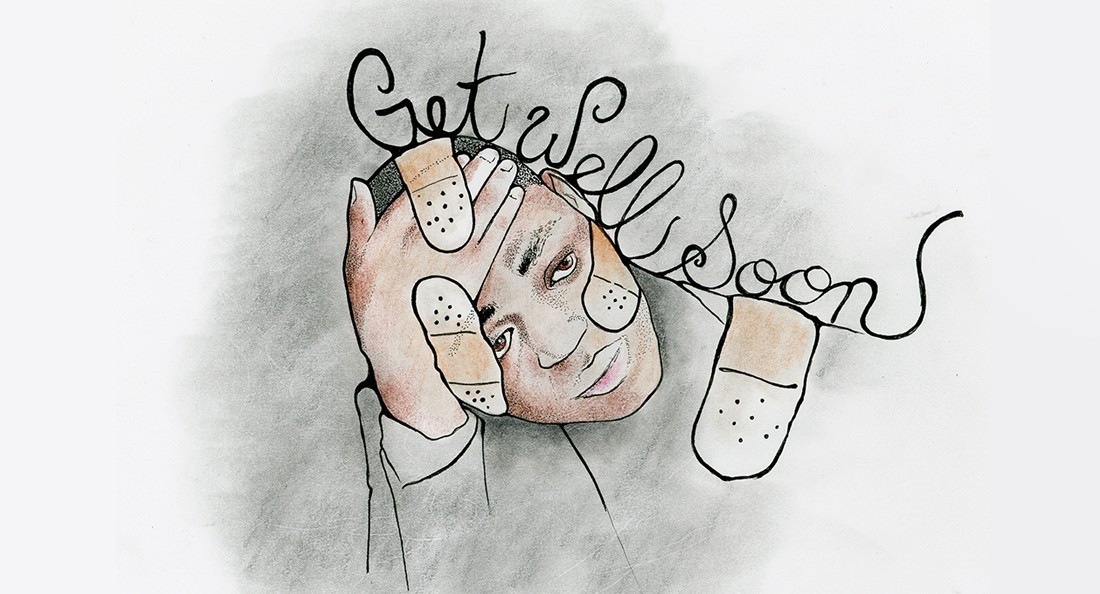Get well soon
The depoliticization and corporatization of wellness
Wellness seems to pour from every crevasse of the marketing world currently, from chain health food stores, crystal companies, gyms and weight-loss programs to yoga studios, greeting cards and mental health campaigns. However, the dream of wellness is perpetuating the ableist myth that to be well is the pinnacle to which we all aspire.
The first two months of the year, filled with New Year’s resolutions and Bell Let’s Talk posters and tweets, feel like wellness hell. The public desire to commit to self-care and better-ness is confounding when my body-mind will not get better.
Yoga, water and colouring have yet to heal my aching bones, my electric nerves and my experiences of violence. Rather, the first two months of the year, I feel the most ashamed of my body-mind’s inability to “get better,” get “well” or get “healthy,” because I cannot and will not, despite my years of personal determination to get better.
Wellness is merely the opposite of being unwell, thereby prescribing negative values to experiences of mental illness or madness, disability, sickness, pain, poverty and bodily resistance.
Wellness creates a binary within our experiences. We are also either well or unwell, and if we are unwell, we are bound to the quest for wellness, we are existing for the sole purpose of getting better.
I am told to “get well soon” approximately three times a day, from strangers who assume my cane means illness, to old friends shocked by my change in appearance. I remember the outpouring of “get well soon” cards in my mailbox and inbox and the feeling of urgency of my recovery the first time I was hospitalized.
There was no gap in community care, but instead sparseness of resistance building. How then, do we care for individuals and recognize that our wellness is bound to oppressive systems?
The recommendations I received for personal wellness were solutions I was individually responsible for (doing yoga, going vegan), as opposed to creating communities of resistance. Individual pursuits of wellness are elevated, so as to alleviate systems from their role in sickness and illness. I envision wellness as collective organizing, movement building, healing.
I do not wish to get well. I dream of revolution.
The current myth presented by capitalist companies, regardless how small or local, seeks to depoliticize notions of wellness and capitalize off of our quest for wellness. The wellness marketing tools successfully scapegoat individuals as the cause for malaise, as opposed to reprimanding the systems of oppression responsible for increased workloads, debt and violence.
Wellness is understood as the desirable outcome for individuals. It is understood as apolitical and as a socially accepted value. Wellness is political, and as such, must be met critically. Personally, I am not getting well, I am not well, and that is okay. The quest for wellness seems unnecessary when I cherish my experiences of pain, illness, madness and disability.
Megan Linton is the national Disability Justice Commissioner for the Canadian Federation of Students. She is a mad activist, sometimes seen clutching a cane, other times, clutching a sprinkled doughnut. You probably owe her a doughnut for unpacking your deep-seated ableism.
Published in Volume 73, Number 19 of The Uniter (February 28, 2019)








